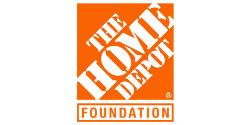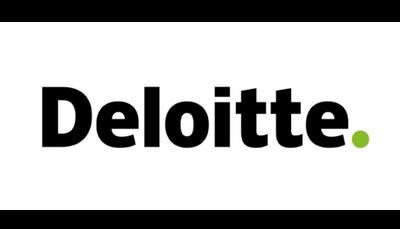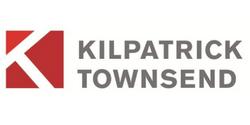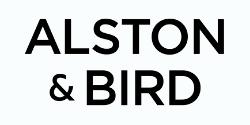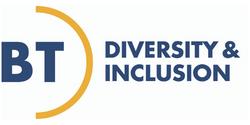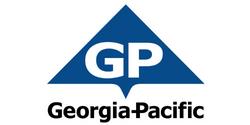




If you enjoyed tonight's event and want to host your own meaningful conversation, follow the steps below to get started, and continue the conversation with your friends, family and community at inclusivv.co.









If you enjoyed tonight's event and want to host your own meaningful conversation, follow the steps below to get started, and continue the conversation with your friends, family and community at inclusivv.co.




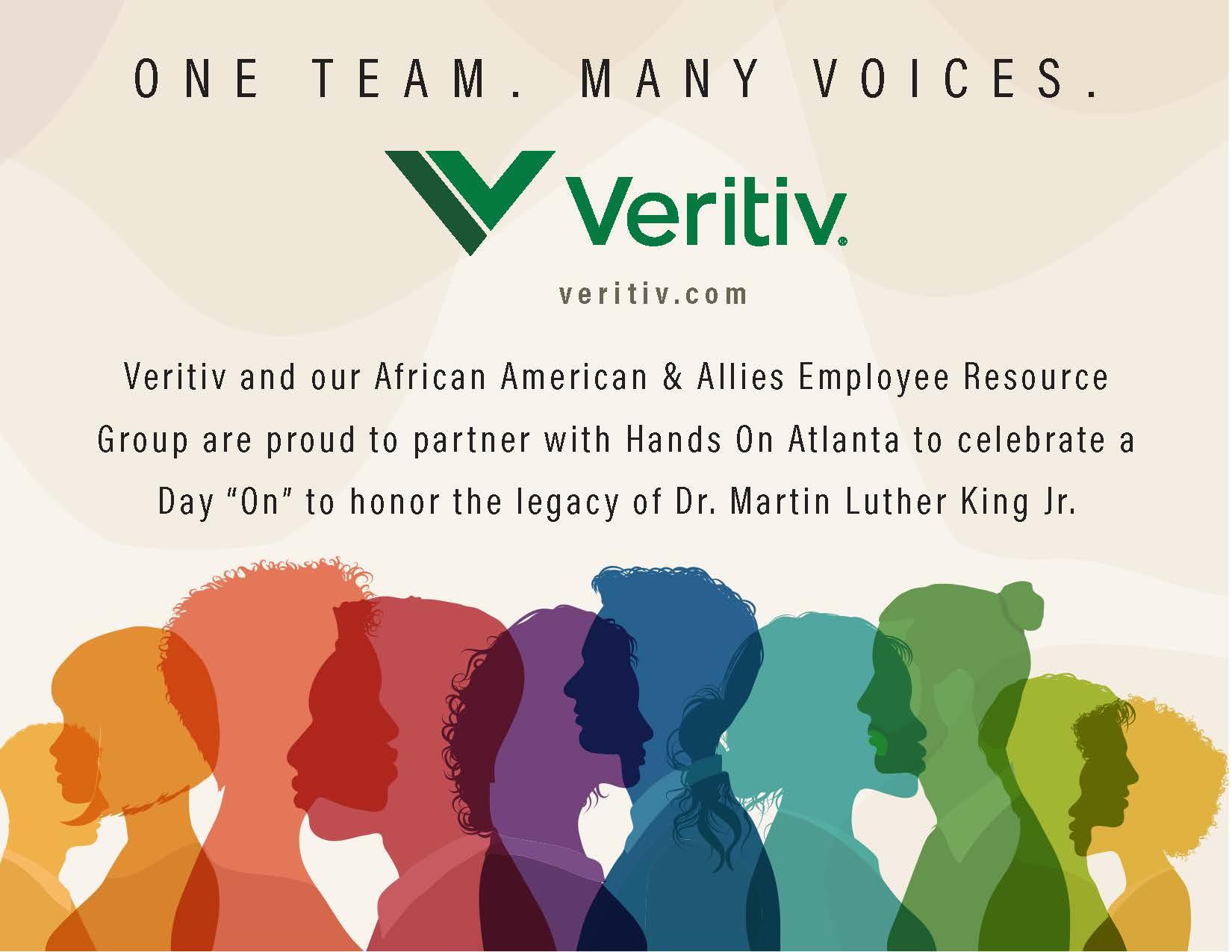



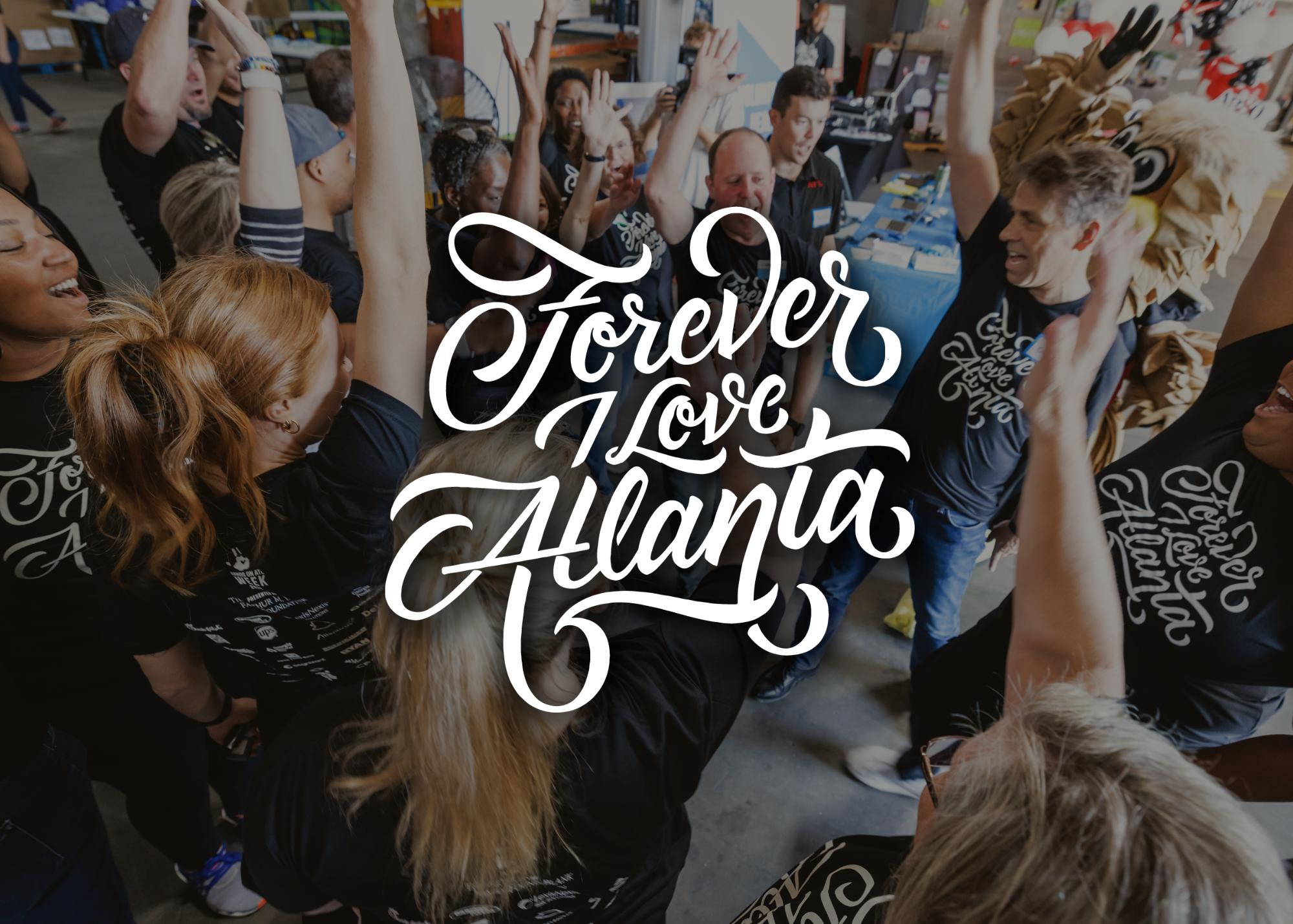








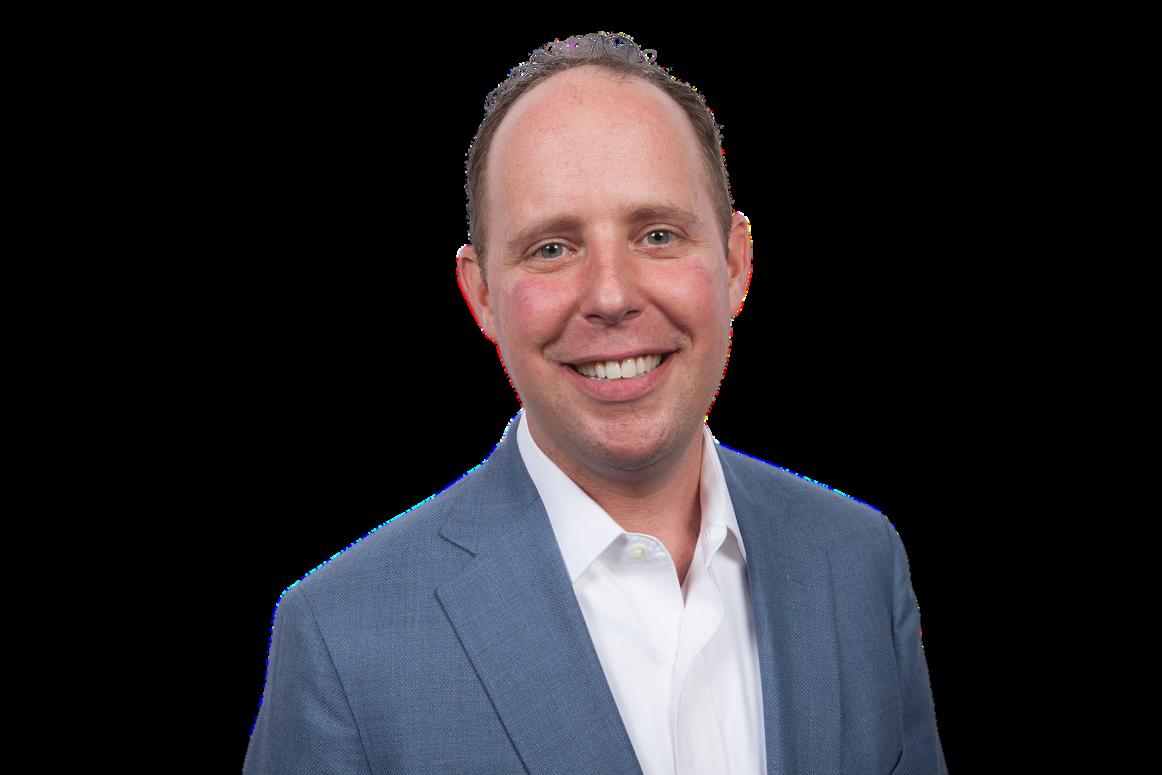


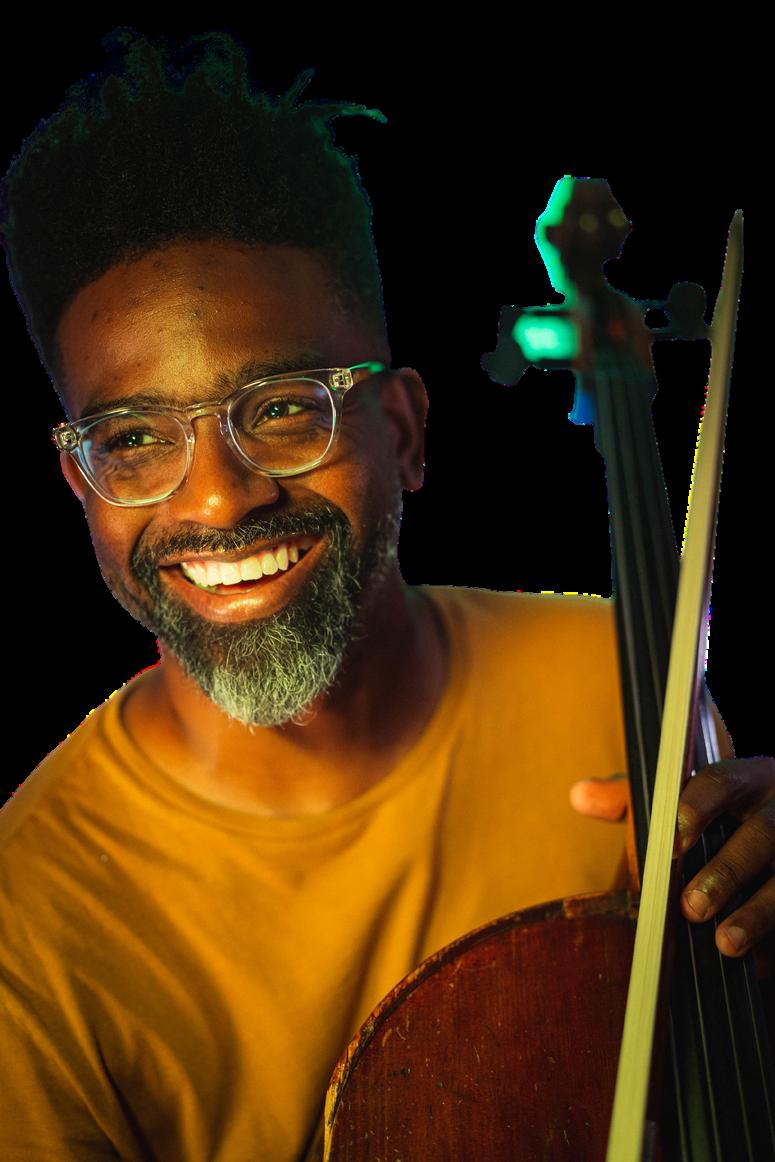


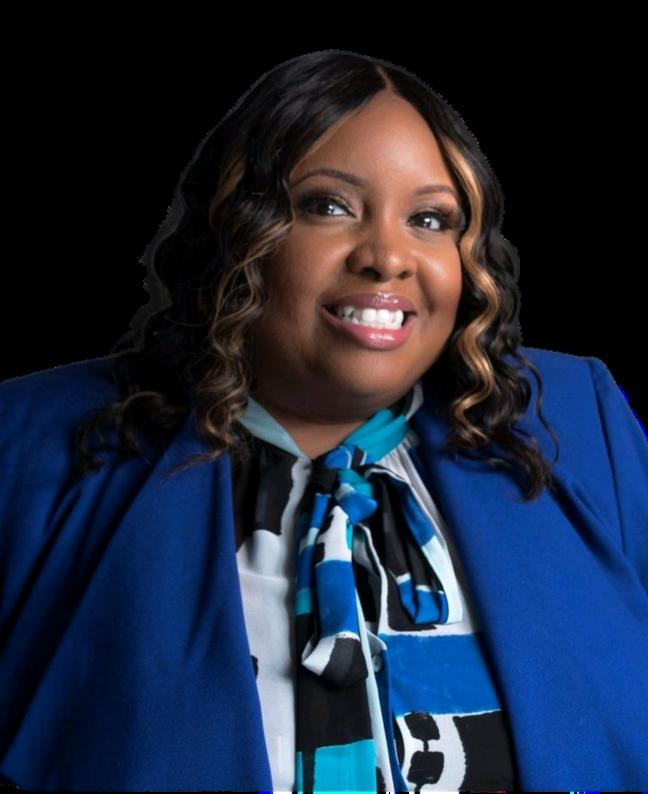

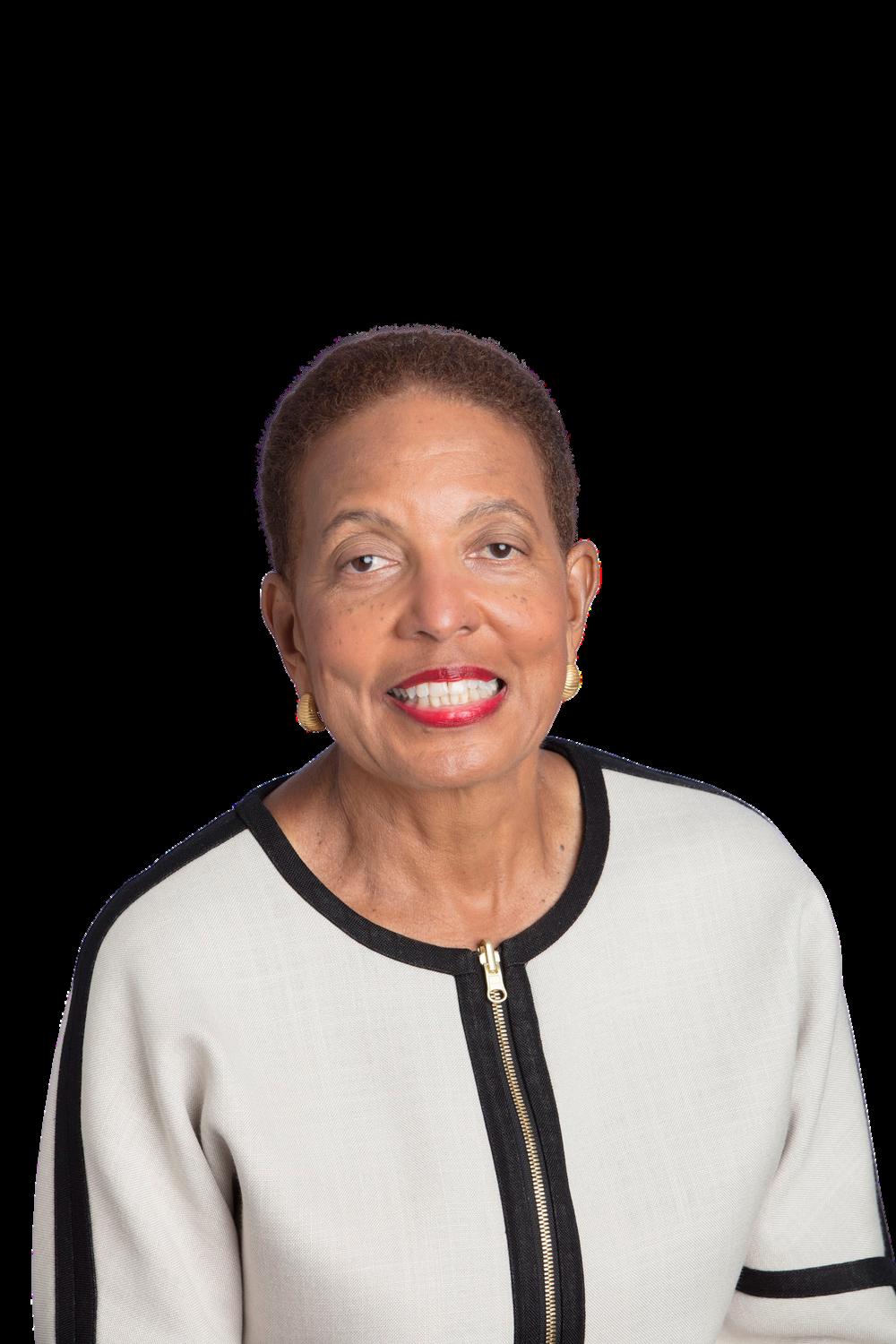
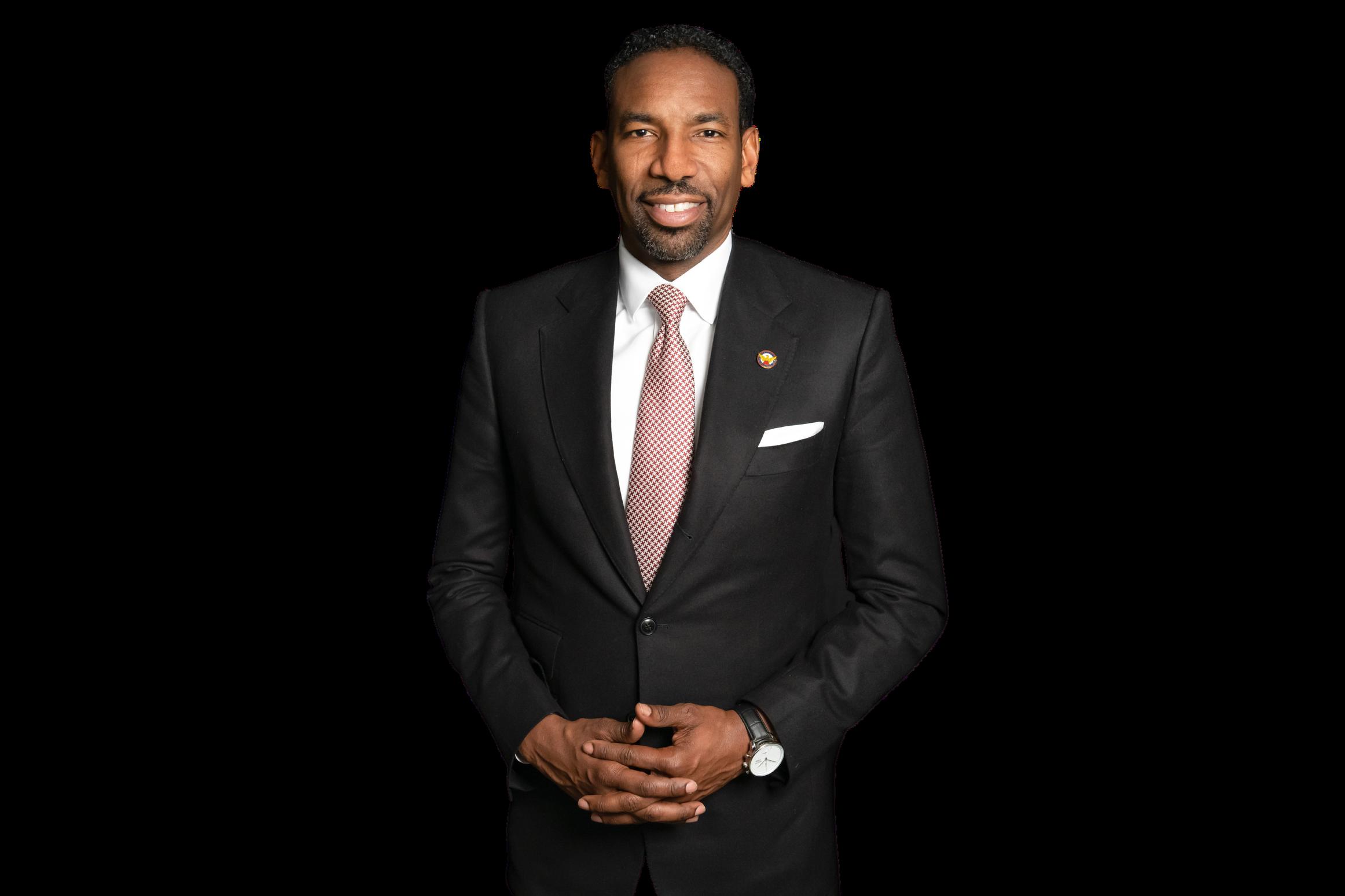
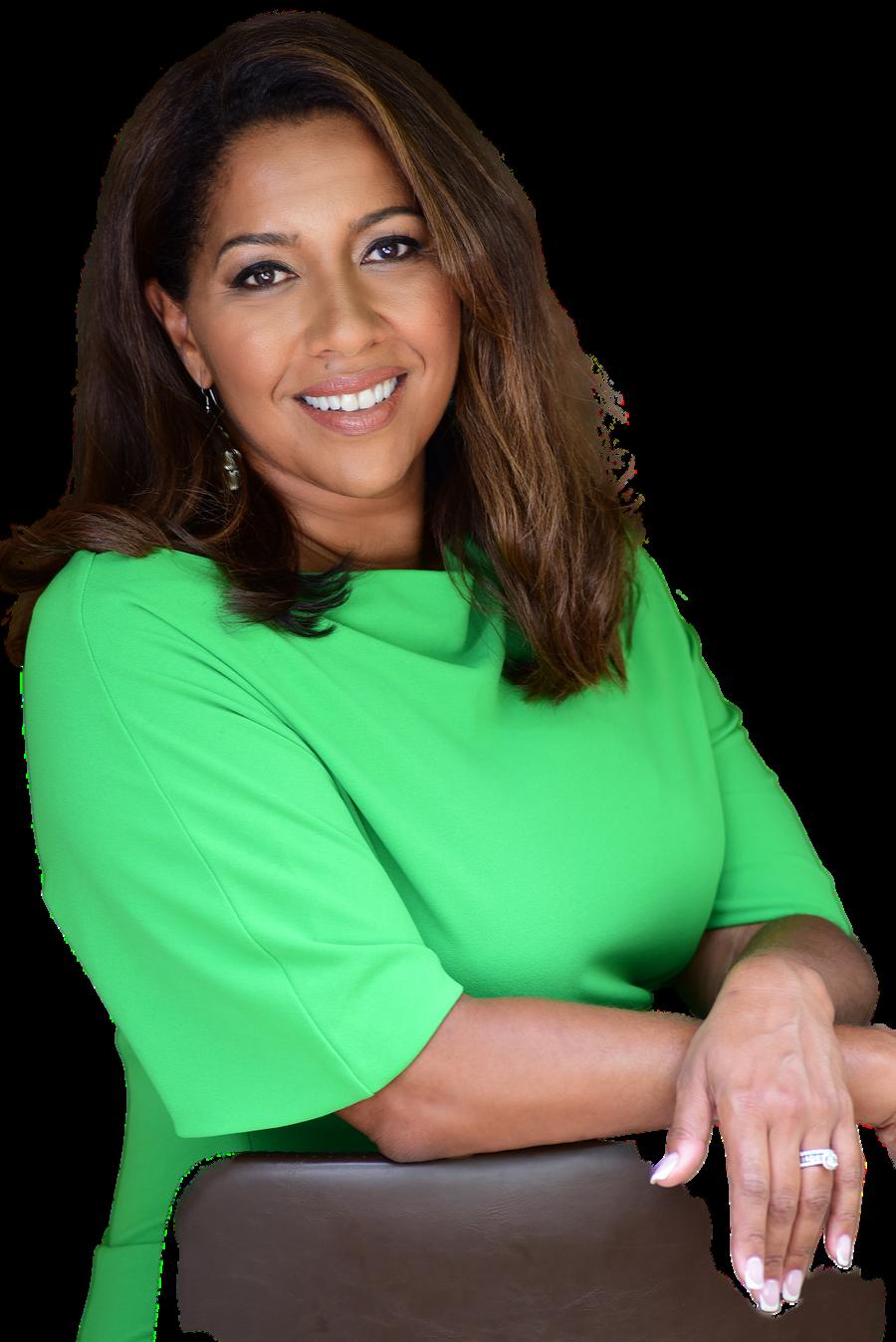

Senior Vice President, NotFor-Profit & Government Banking Leader, Truist Bank
President & CEO, Sheltering Arms Early Education and Family
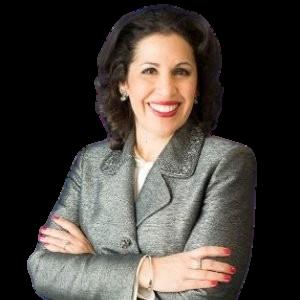

Chief Executive Officer
Executive Director, Atlanta Regional Commission (retired)
President & CEO, Big Brothers Big Sisters of Girls Clubs of Metro Atlanta
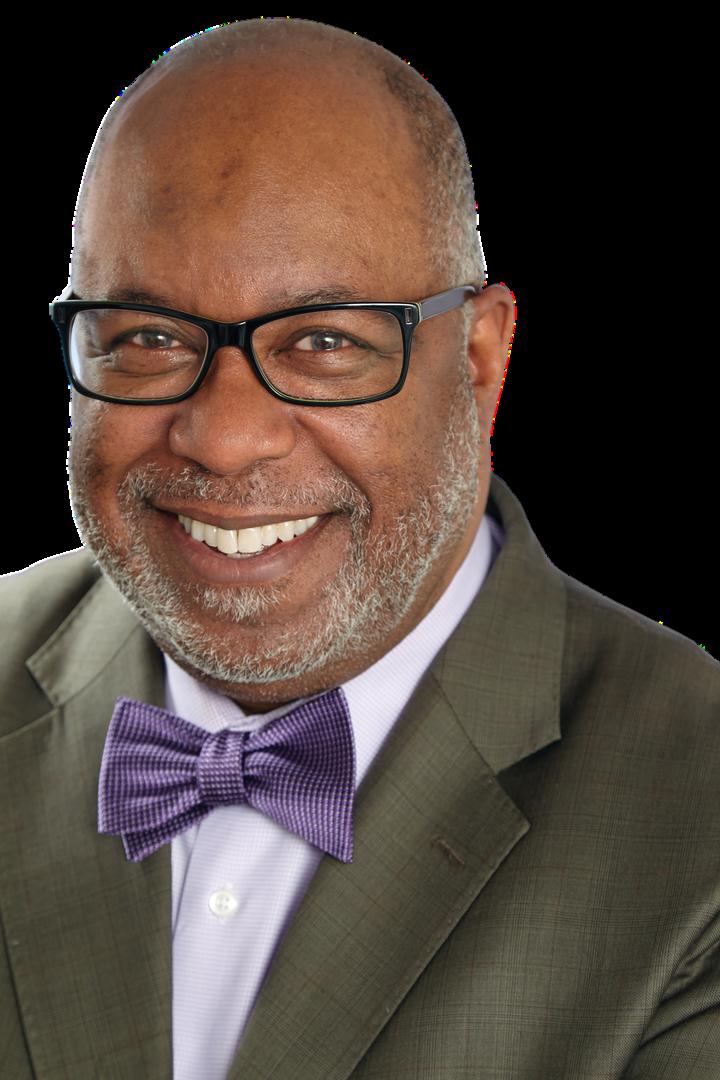
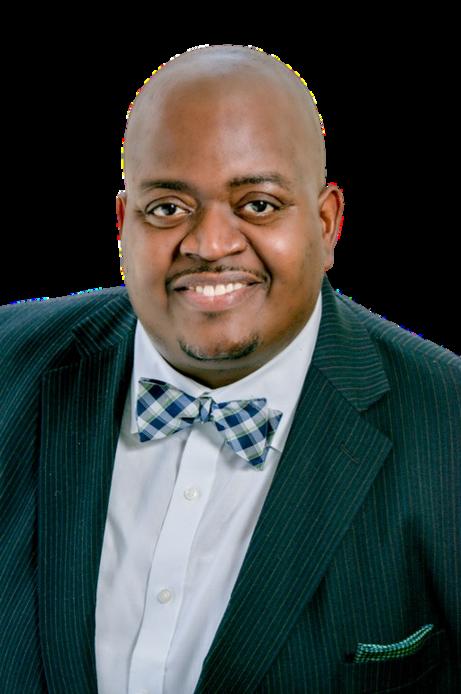
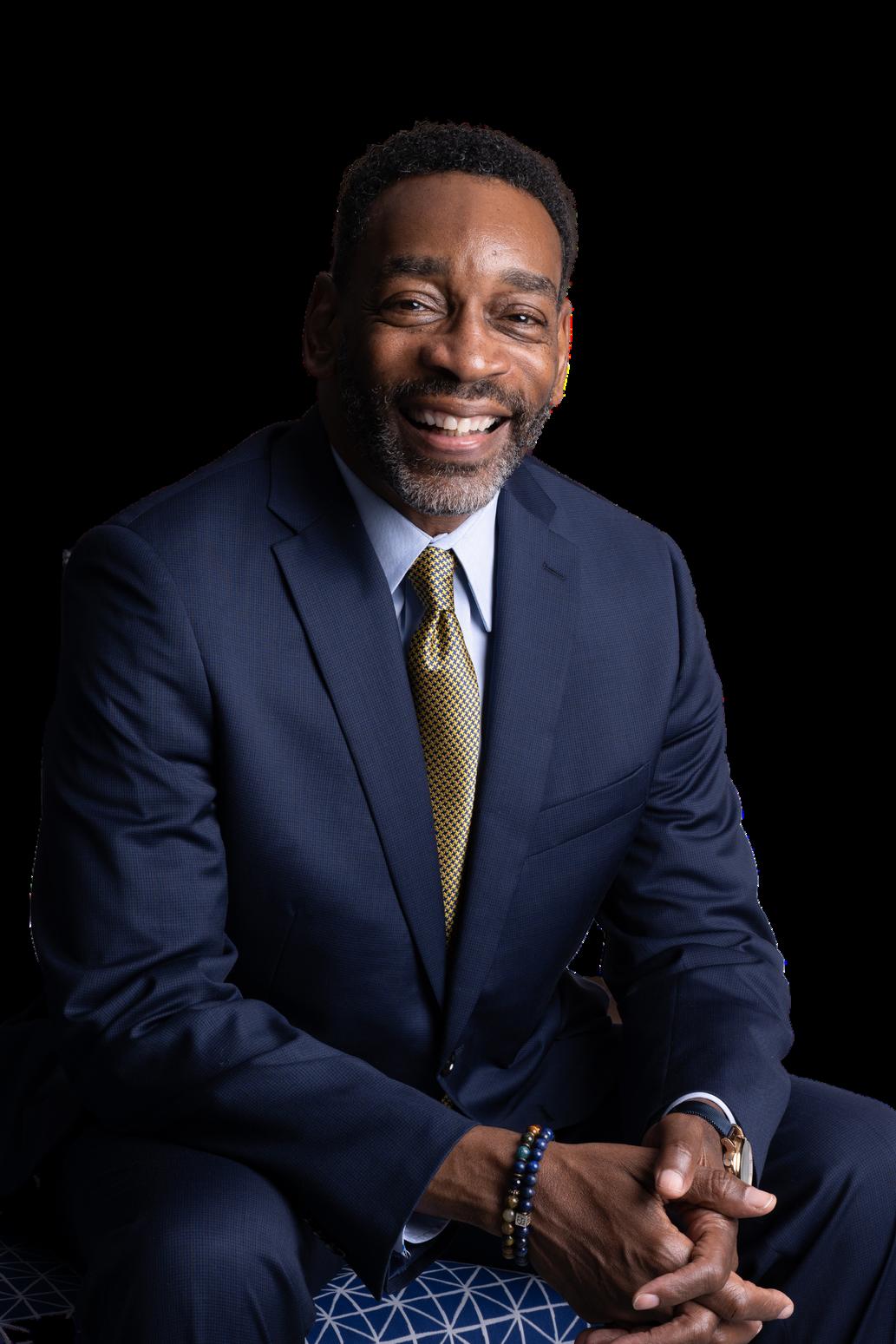
President & CEO, Invest Atlanta

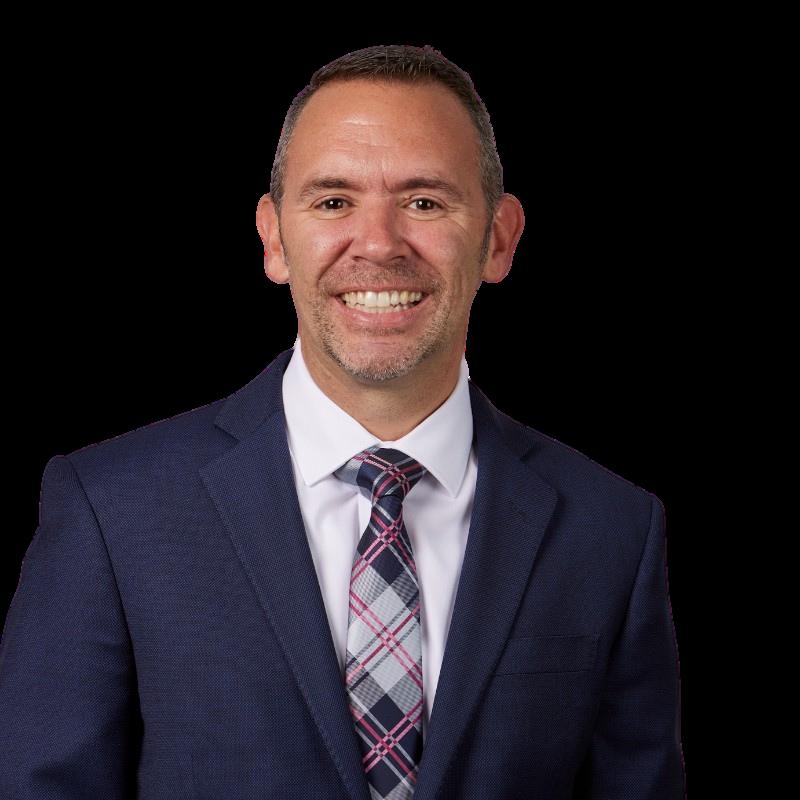
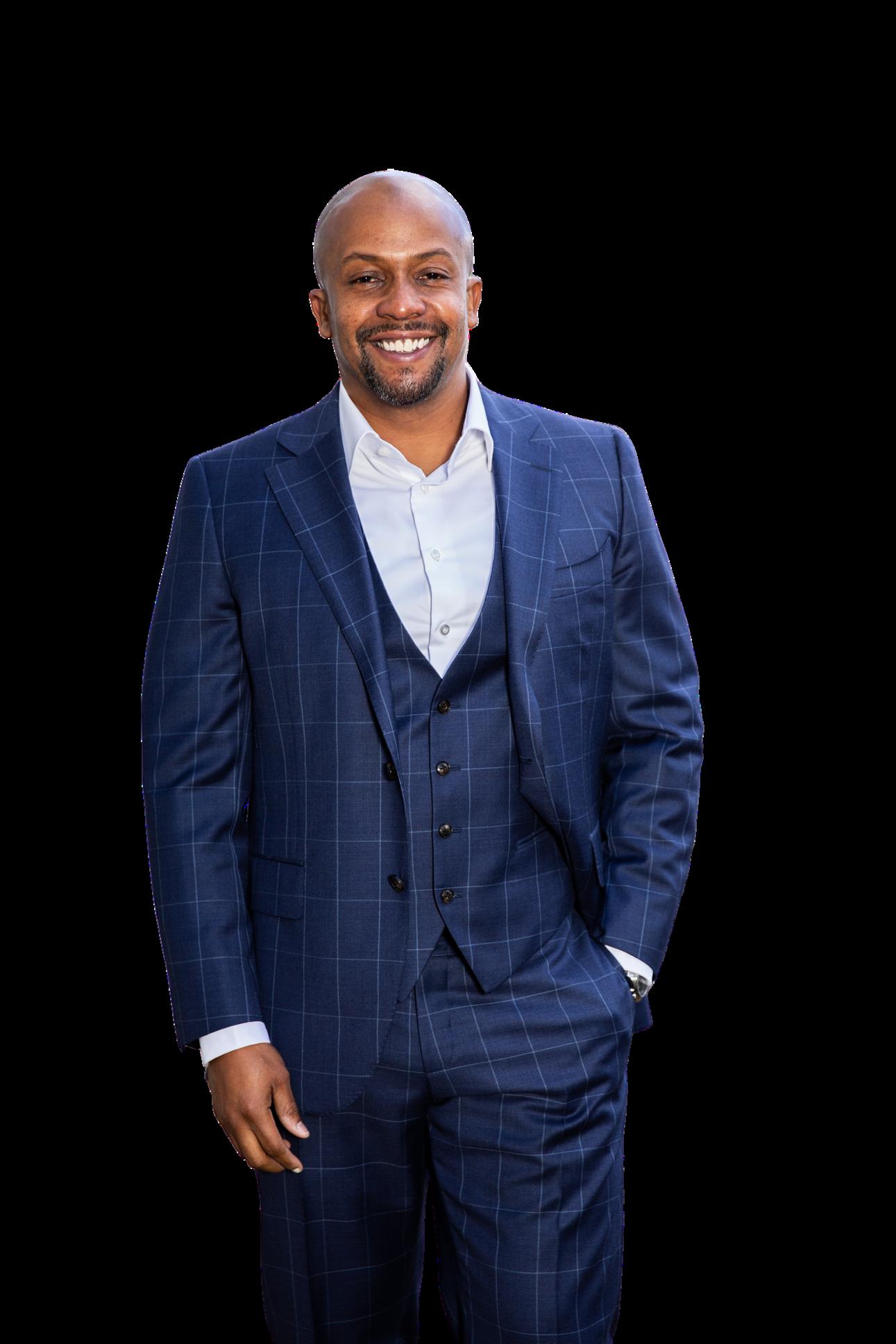
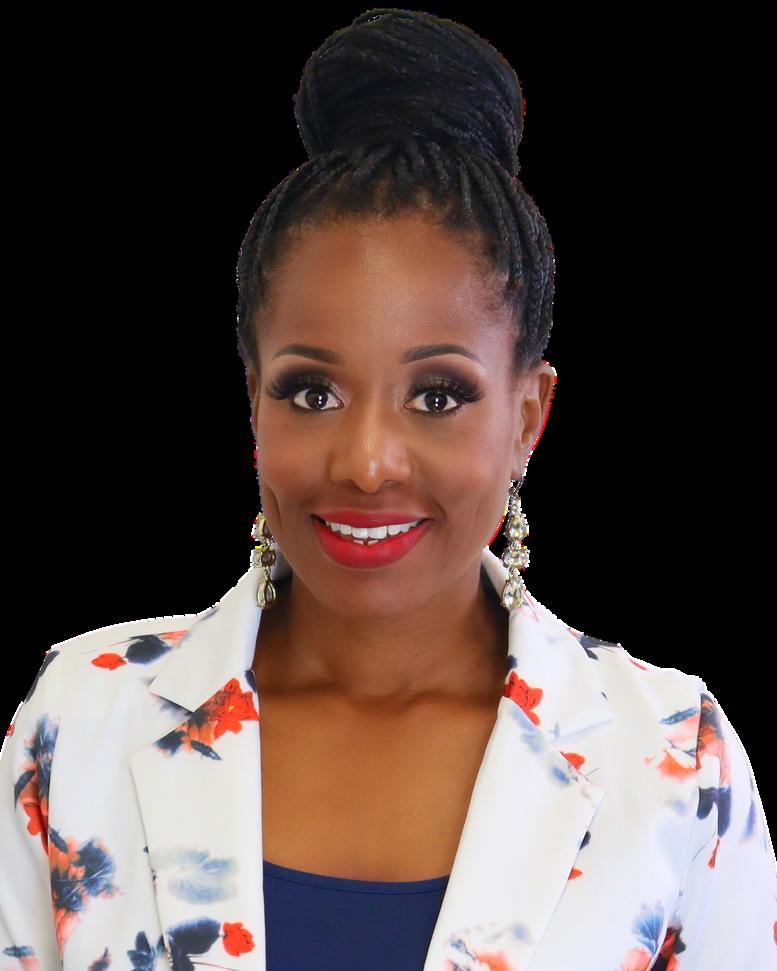
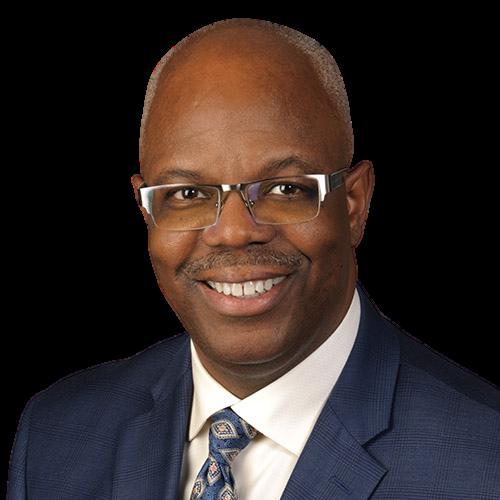
President & CE United Way of M
Senior Partner, McKinsey & Company


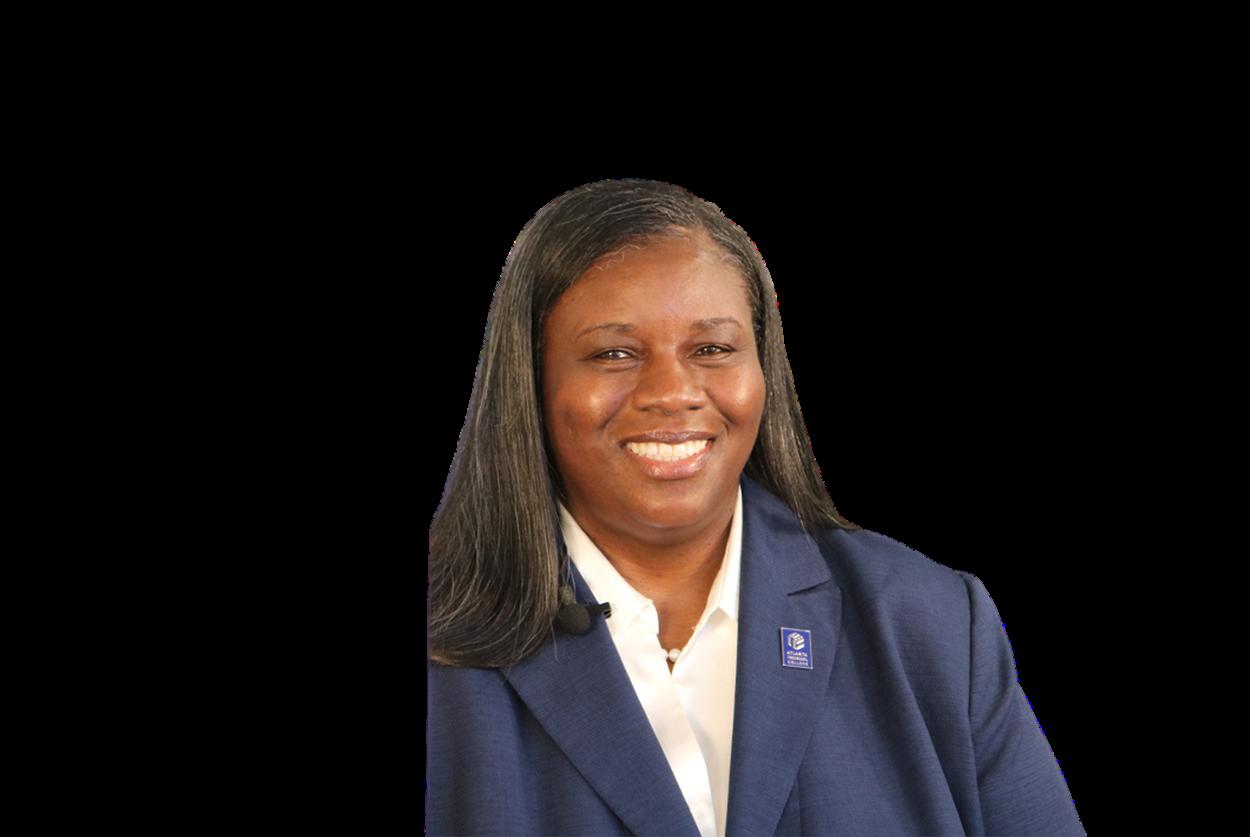
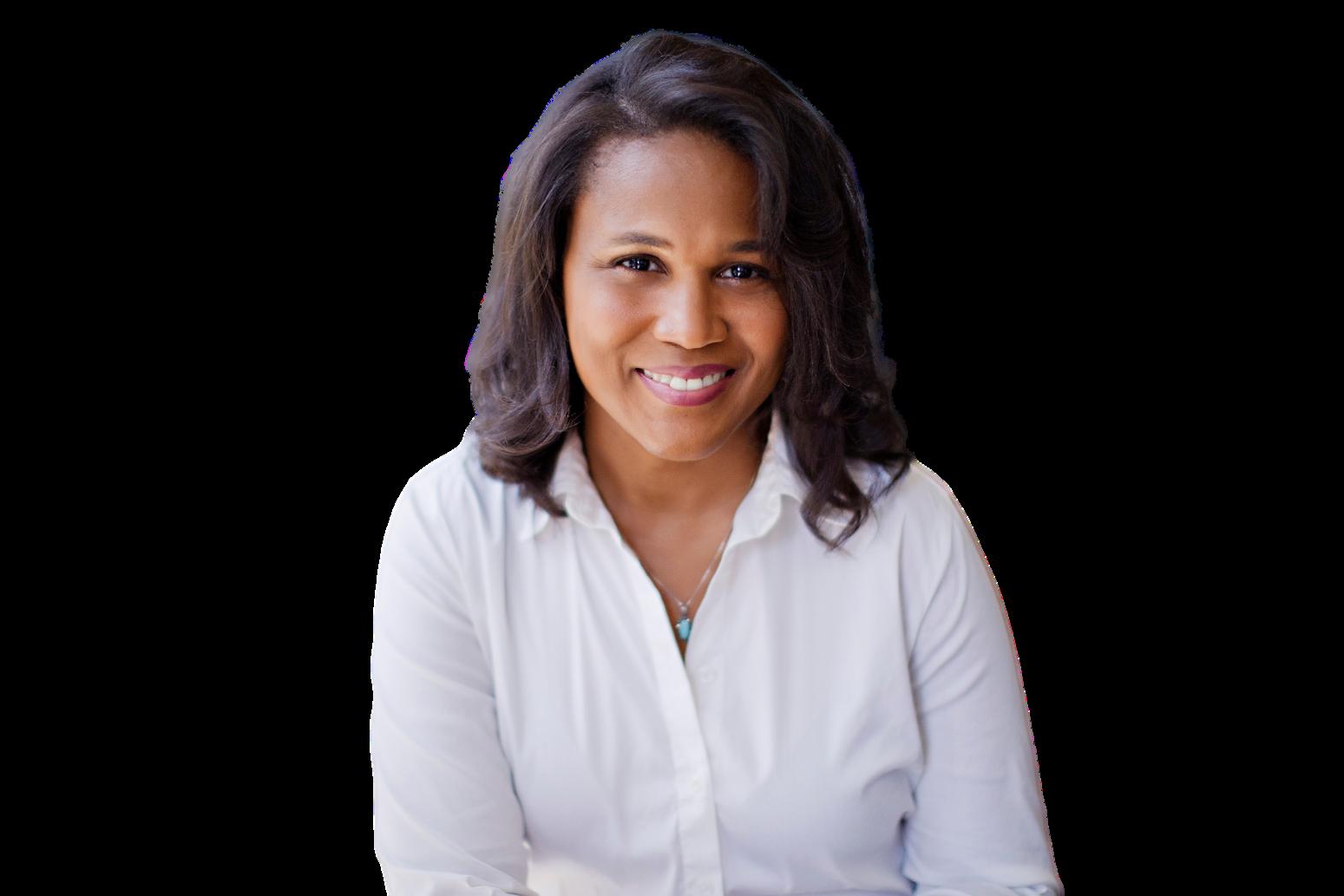
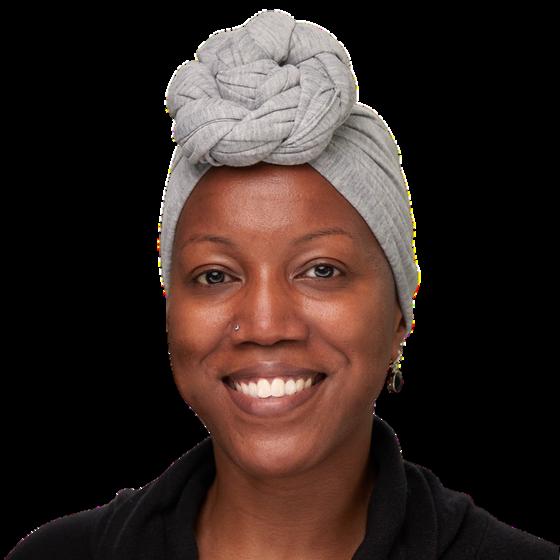
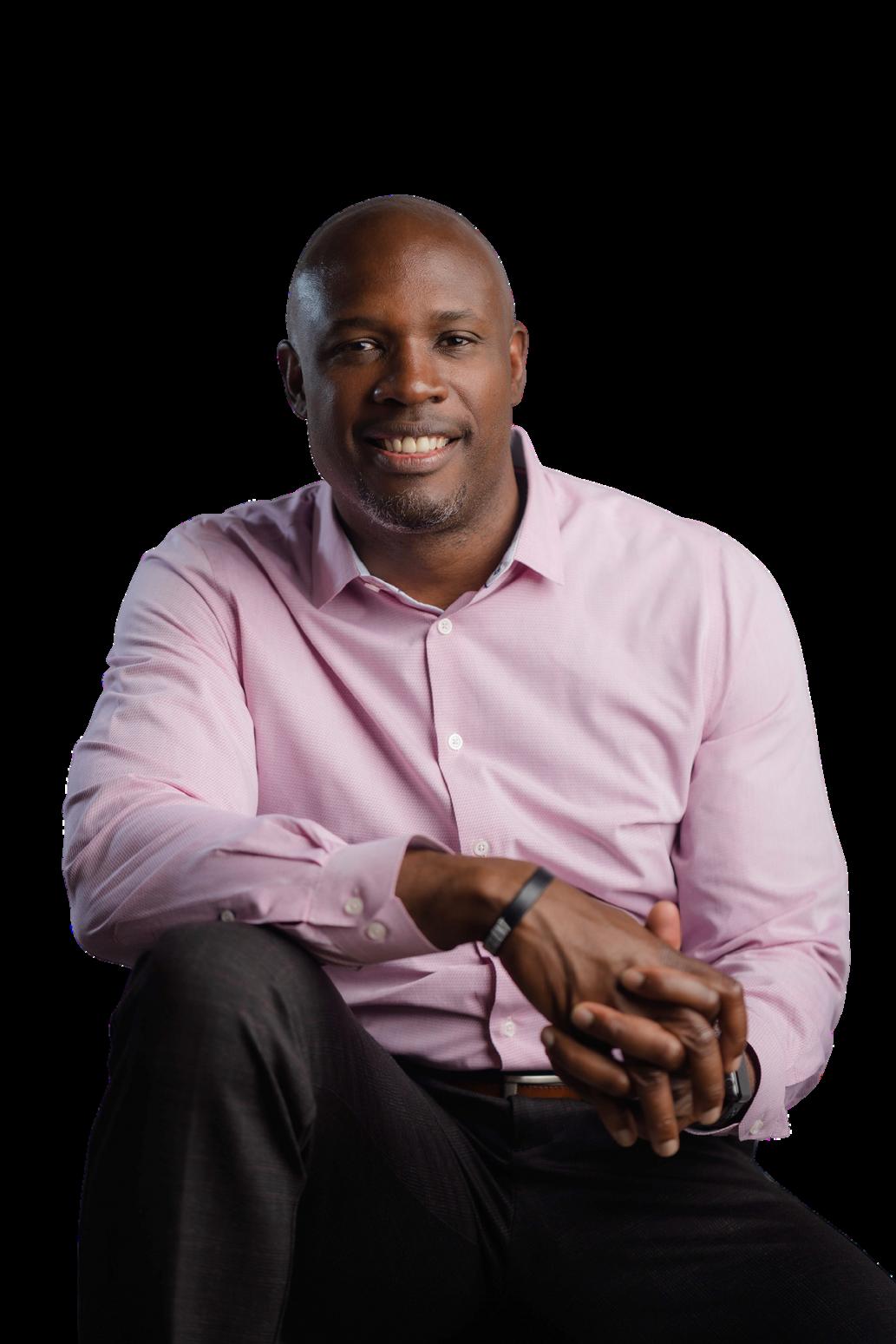
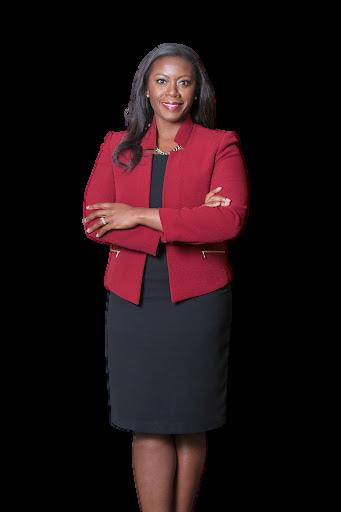
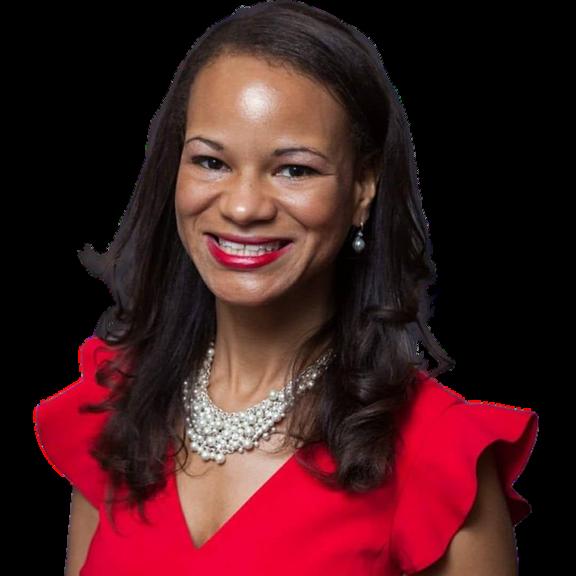

This is a conversation about housing in America, and how we can ensure everyone has equal opportunity for a safe, secure home
Together we’ll explore three big questions that take us on a journey of shared learning.
Conversation is as much about listening as it is about talking. Listen and be open to hearing all points of view.
Conversations encourage vulnerability. Be mindful of people’s privacy and acknowledge their bravery. What is said here stays here, what is learned here leaves here
Be respectful of those with lived experience Avoid tokenizing them or putting an undue burden on them by asking them to educate or explain. Let them take the lead with how much they want to share
For more info on the Hands On Atlanta MLK Sunday Supper visit www.handsonatlanta.org/sunday-supper
Need more help? Email Chris Pearson at: pearson@handsonatlanta.org.

No one is expected to be an expert, but everyone is invited to participate by sharing their experience and ideas Your table facilitator will lead each round of questions and ensure everyone has an opportunity to share.
Setting judgments aside opens you up to learning from others and helps them feel respected and appreciated. Rather than making assumptions, listen and ask questions to better understand who another person is and where they are coming from.
Speak authentically from your personal experience Personal stories open our hearts Look for common ground and appreciate the differences in the beliefs and opinions of others


Share your name, where you live, and what “home” means to you.

“The American Dream” often conjures the image of a house, a yard, some kids, a fence and maybe a dog. If you work hard, you get to be in this picture. At least that’s how the story goes.
Describe your American Dream when it comes to your home. Does it feel achievable for you and your loved ones? Why or why not?
Imagine playing a game of Monopoly, but you’re not allowed to start with everyone else Before you start, you have to watch all the other players build wealth and buy up the best real estate. Even after you join the game, you will likely never catch up. For Black Americans, the rigged Monopoly game was brought to real life through redlining, in which the federal government refused to insure mortgages for homes in Black neighborhoods from 1934 to 1968 The effects of this and other racist housing policies persist to this day
Is the game still rigged? If so, how? Who benefits and who is held back?
Former First Lady Rosalynn Carter has said, “There is nothing more important than a good, safe, secure home.”
What needs to change to ensure that everyone has a decent place to call home? What’s one big idea or initiative that would help us get there? And how can you be an advocate for change?







